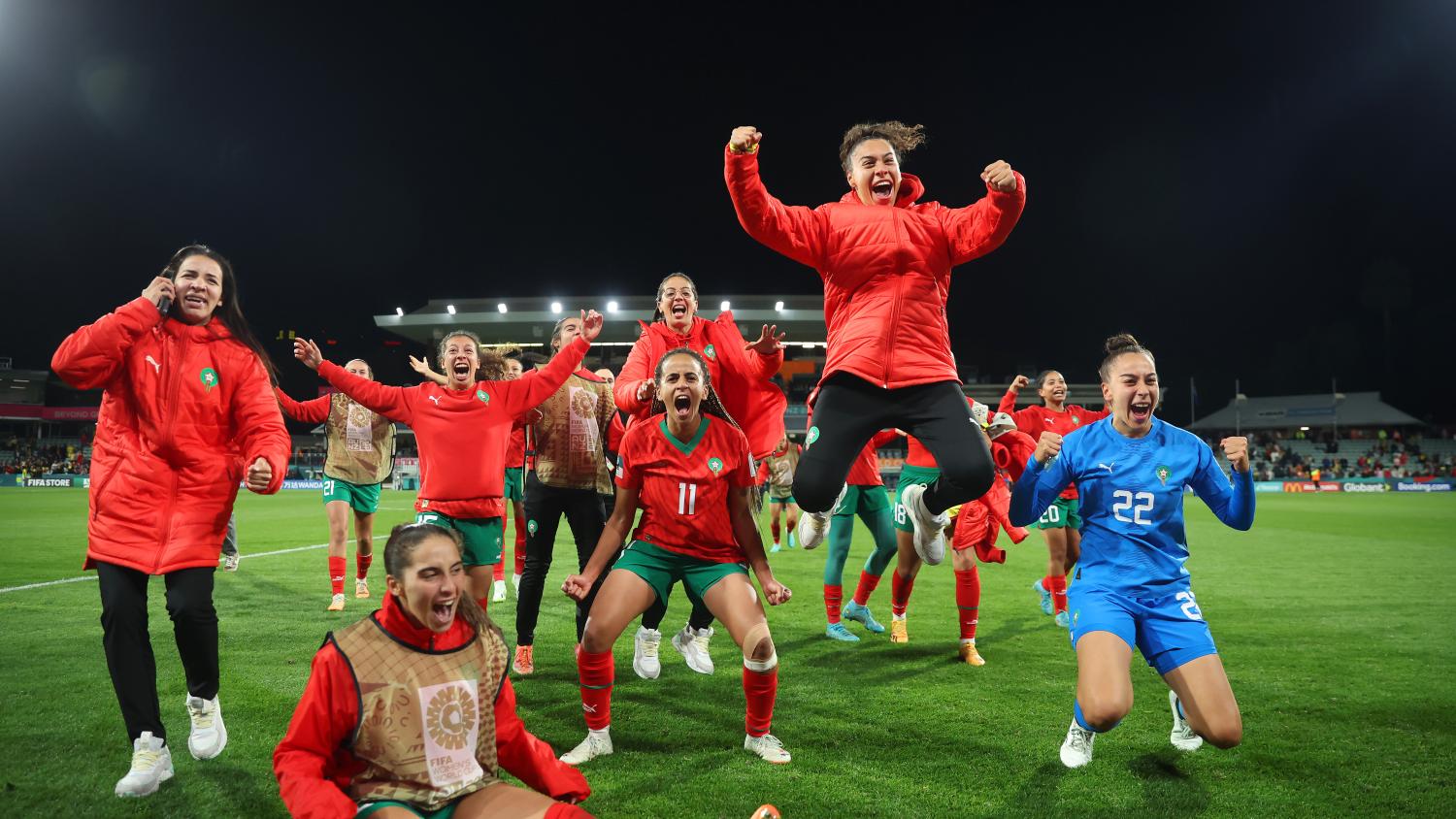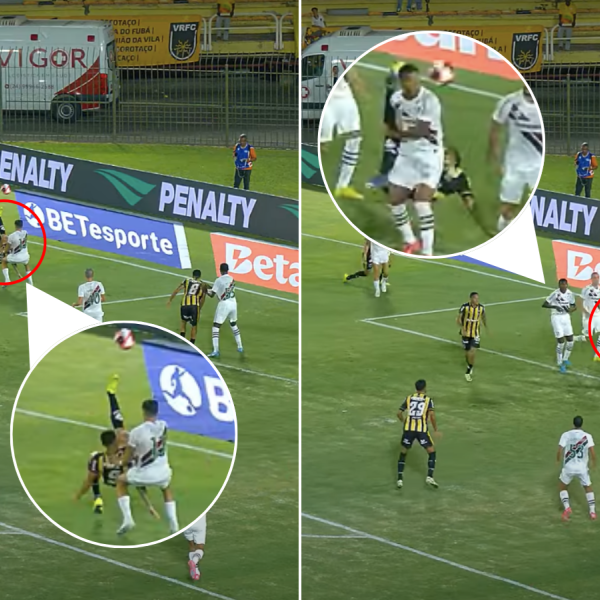SYDNEY — The unpredictability of results at the Women's World Cup, with former champions bowing out early and debutants advancing, is evidence that playing standards are improving across the board, FIFA's Technical Study Group (TSG) said on Friday.
The TSG analyzed data from the first 48 matches of the tournament and have concluded that defensive organization is better and goalkeepers are better positioned and making more saves, while fewer goals are being scored.
The higher standards have, the TSG suggested, resulted the likes of twice former winners Germany and Olympic champions Canada being knocked out, while debutants Morocco progressed to the last 16.
GERMANY SUFFERS ITS FIRST GROUP STAGE EXIT EVER IN A FIFA WOMEN'S WORLD CUP pic.twitter.com/HgxjpHcBWO
— FOX Soccer (@FOXSoccer) August 3, 2023
- Canada ❌
- Brazil ❌
- Italy ❌
- China ❌Some big names exit in the World Cup group stage. pic.twitter.com/itANhBwaJ2— Attacking Third (@AttackingThird) August 2, 2023
"Gone are the days of total predictability," TSG head Jill Ellis, who coached the United States to back-to-back titles in 2015 and 2019, told reporters.
"Progress sits very, very clearly at the core of some of these conversations and certainly the competitiveness of this tournament can be felt... That lends itself to this being just one of the most interesting, unpredictable, and arguably exciting World Cups we've seen to date."
Evidence of the increased competitiveness was a decrease in the average number of goals per game, the rise from 8% to 21% in the number of matches that end in draws, and a reduction in the margins of victory.
"It's a domino that falls," Ellis added. "As we look at the knock-on effect of better players, better coaching, all these types of things. It will knock on to certain areas."
Belinda Wilson, FIFA's Senior Technical Development Manager Women's Football, said the data had revealed that defences were getting better at blocking passing lanes, and pressing.
"Overall, teams are becoming more compact," she said.
Nadine Angerer, who kept goal for Germany in their World Cup triumphs of 2003 and 2007, said there were clear signs of improved goalkeeping standards too.
She said the percentage of shots saved had risen from 70% in 2019 to 77% and one key area of improvement was in goalkeepers coming out to punch or catch crosses.
"They're way more connected to the defensive line. The timing of the goalkeepers is better. They're coming out more ruthlessly. And the technique itself is better as well," she said.
(Reporting by Nick Mulvenney; editing by John Stonestreet)

 Home
Home


